5 Bright Spots for the Denver Office Market
Investment sales may have slowed, but tenants are still quite active, observes Avison Young's Howard Schmidt.
Let me begin by stating what most of us observing the Denver market already know: These are interesting and tough times for many in Denver’s commercial real estate industry, particularly on the investment side. Like many markets across the nation, Denver has been affected by rising interest rates, layoffs, the homeless crisis, and the ripple effect of the pandemic on work-from-home prevalence and other challenges.
However, a positive note may have been easily drowned out by all this noise: A fair amount of leasing activity is still occurring in Denver’s office sector. It is important to highlight that approximately one-third of the office market is constantly in motion due to lease expirations occurring every three, five and seven years. That translates into millions and millions of square feet that are in play at any given time while adjustments are made to the expanding, shrinking and ever-changing needs of Denver tenants.
As Denver companies navigate a new normal relating to how they use their office space, there has been much discussion, numerous articles, and many shattered crystal balls in the wake. Further complicating this, we all know many employees have very strong opinions on returning to the office. So, what is going on out there? Is there any good news at all?
Below are five positive trends I have observed that are currently affecting the Denver office market:
- Not everyone is reducing their office footprint, and many tenants are actually expanding their space. For example, a national law firm tenant that opened a new downtown Denver office last year is now doubling its square footage.
- The engineering industry is growing. I have been working with a number of engineering firms that are looking to expand. One international engineering firm that recently relocated to Denver has expanded its current office size by four times.
- Return to office. Many businesses are seeing production levels fall dramatically in a work-from- home situation, and some are going from 100 percent at home to 100 percent back to the office. This is true for a construction firm that I worked with and has been a common discussion I have been having with occupiers.
- Denver in-migration continues. Over the last 12 months, I have worked with a satellite manufacturer and two AI firms—all three are relocating to Denver from out of state. Business- and resident-friendly Colorado remains attractive to many out-of-state companies.
- Lease restructuring has increased for longer terms. Many clients of ours have restructured their leases by right-sizing or giving space back in exchange for adding lease term. This type of leasing activity is abundant, particularly in the CBD and Denver Tech Center, our two largest submarkets. While a space reduction is not always preferred, it does help landlords secure some stability with longer lease terms.
Overall, different industry types are heading in various directions. The tech and banking industries have been continuing to shed space and grab the news headlines, yet there are other industries that are bolstering leasing activity, just not at the pre-pandemic level so far.
The good news for users looking to enter, right-size, or expand within the Denver market, is that now is an excellent time in Denver for credit-worthy companies to seek out office space. Landlords are offering incentives not seen in quite a while as they struggle to maintain their occupancy levels. Navigating these tenant occupancy requirements is challenging for even the most experienced companies and it is important to have a knowledgeable commercial real agent consultant to negotiate terms, add significant value, and assist in creating flexibility.
Howard Schmidt is vice president, Avison Young.


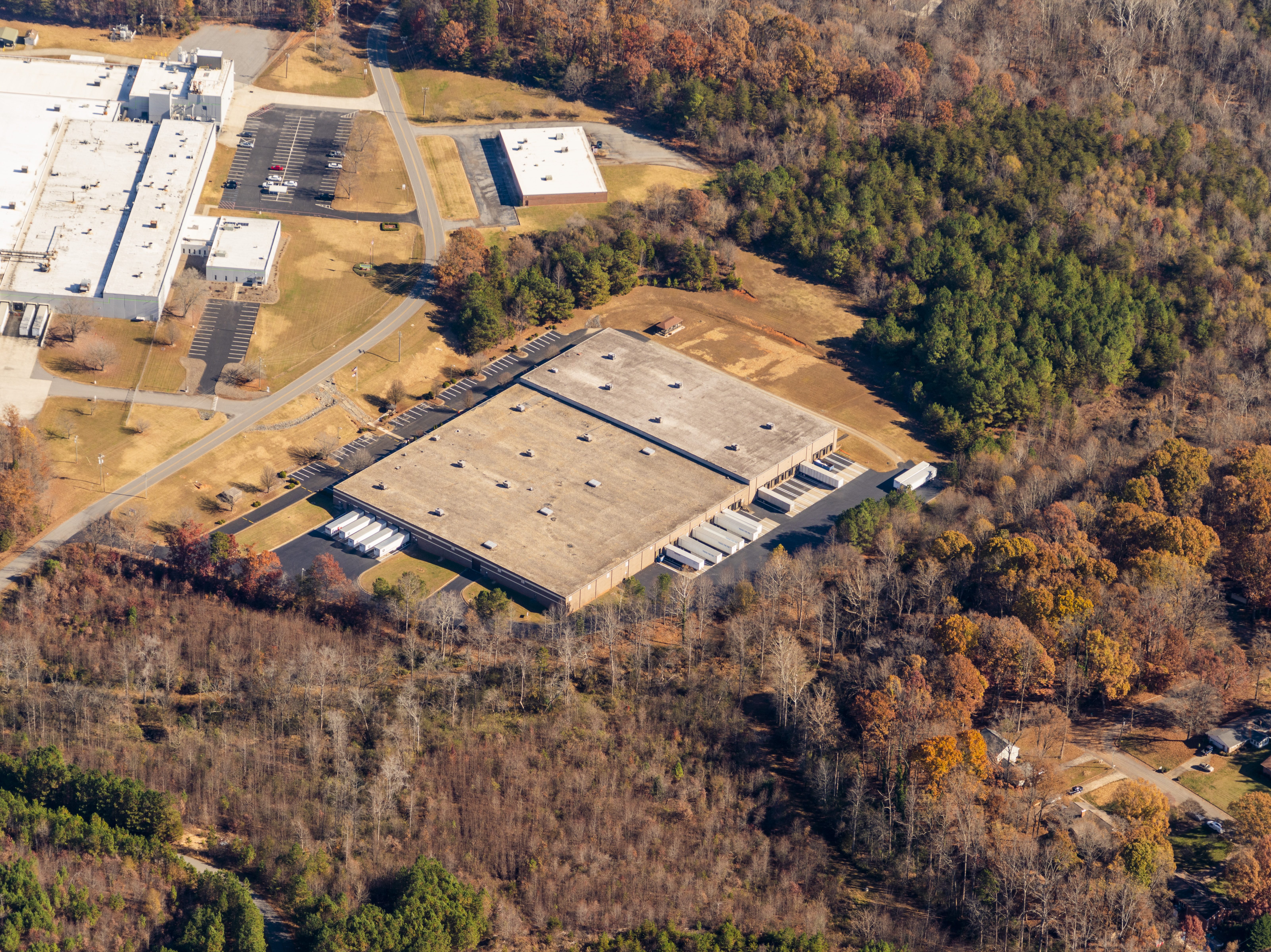
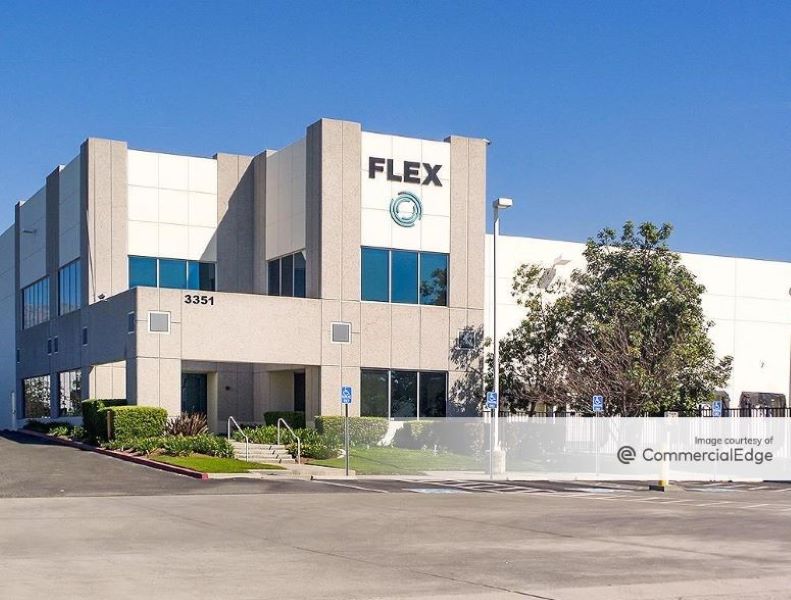
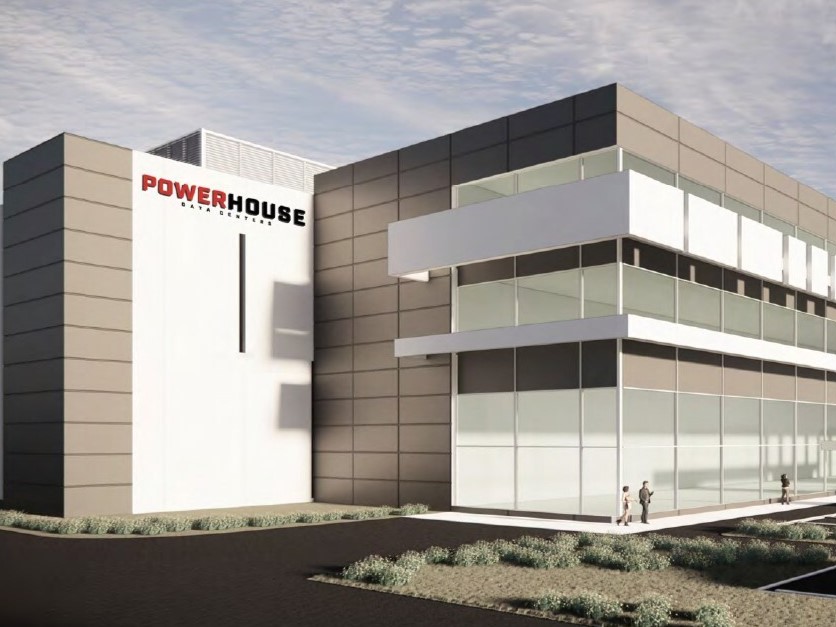
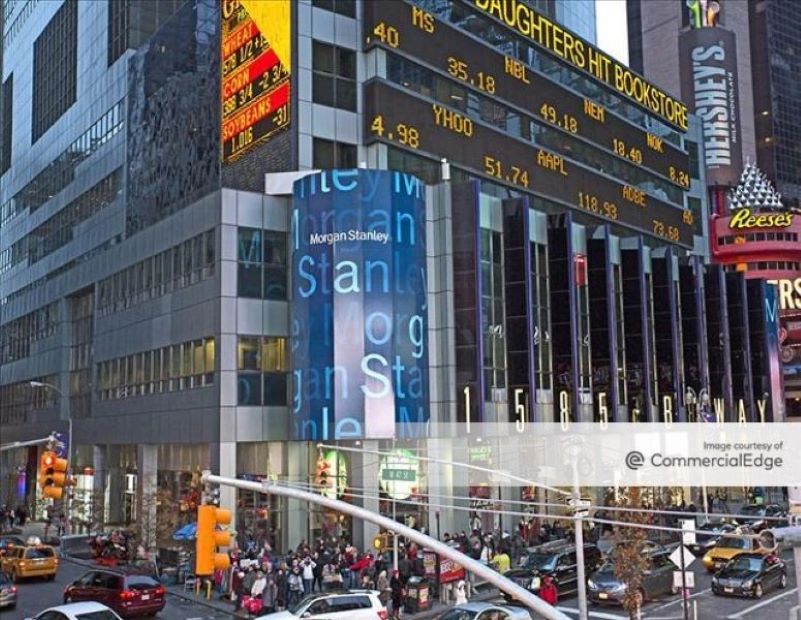

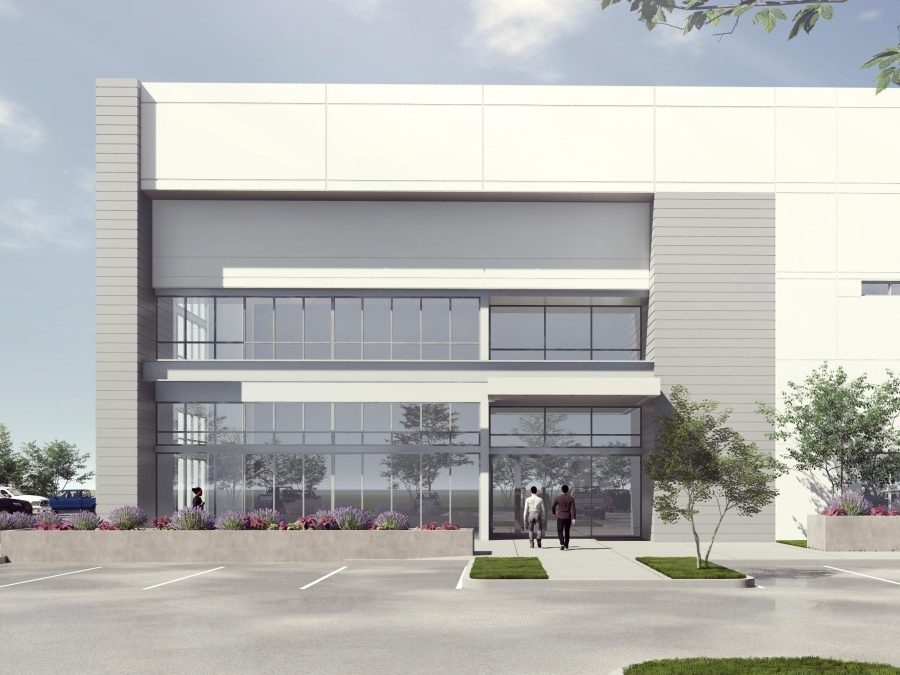
You must be logged in to post a comment.